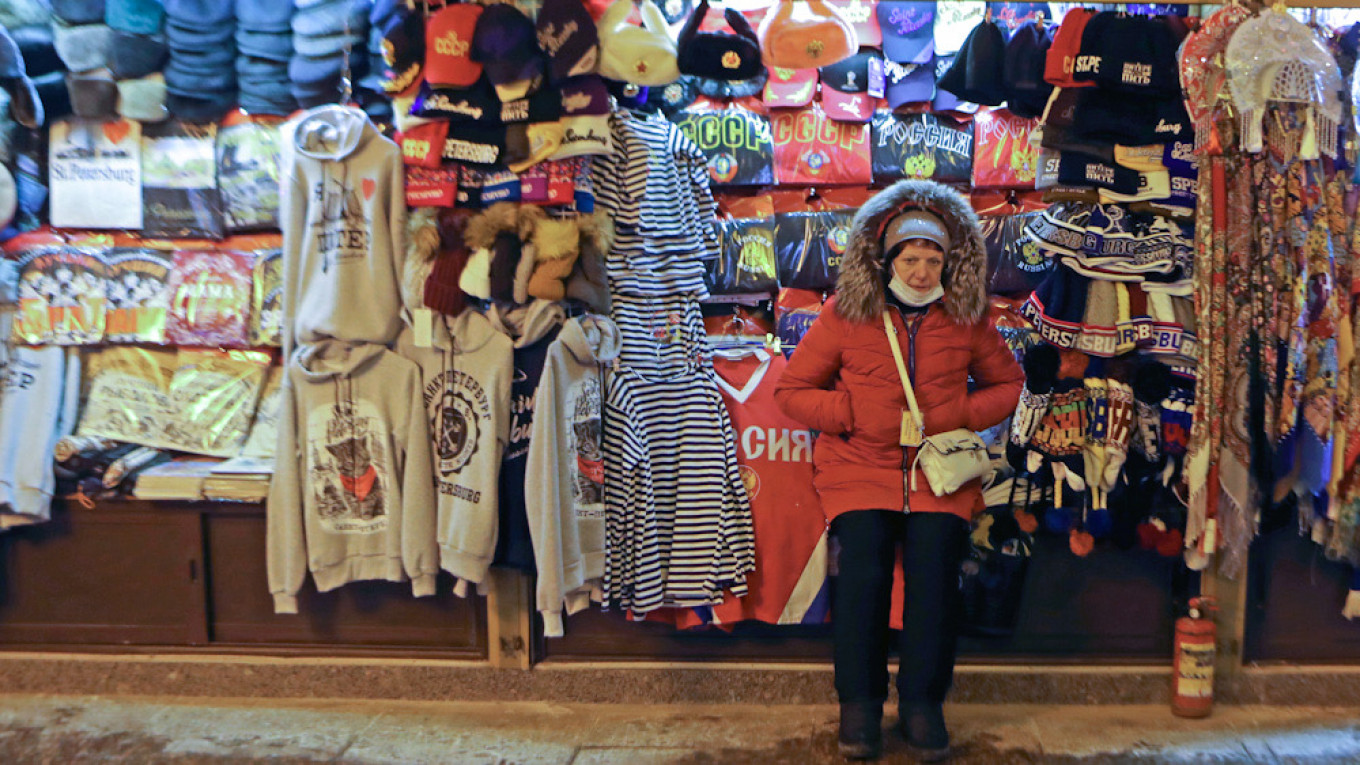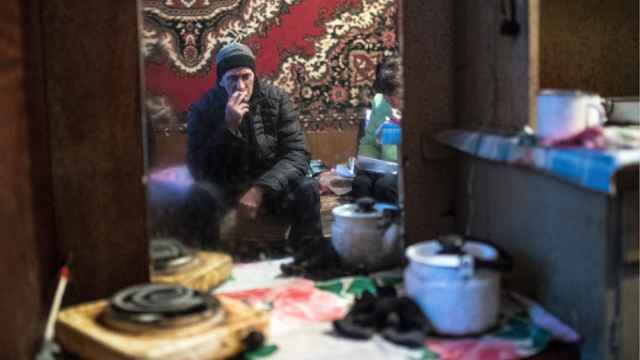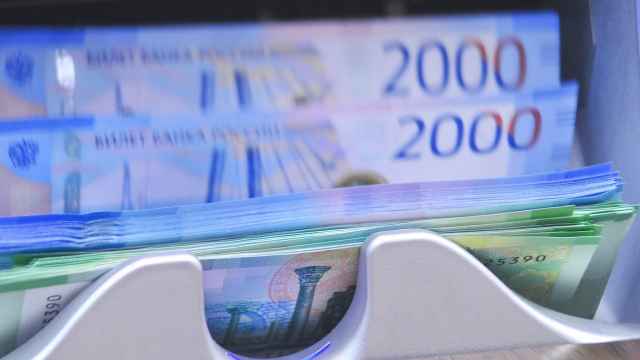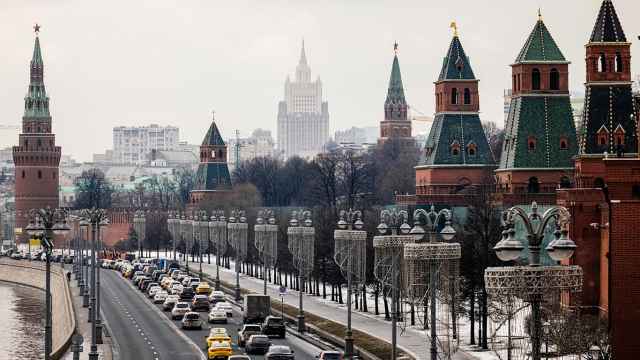Russians’ household savings more than doubled last year, despite a fall in disposable incomes and rise in unemployment, official statistics have shown.
Mirroring the global trend of people spending less and saving more throughout the pandemic, Russians’ total savings jumped more than 2.2 times to stand at 5.2 trillion rubles ($70 billion) at the end of 2020, the federal statistics service Rosstat found.
Economists say the increase in savings is a feature of pandemic-induced lockdown, when it was physically difficult to spend money, and an overall decrease in discretionary spending as people self-isolated, worked from home and shunned leisure activities such as a traditional summer holiday, or going to cinemas, bars and restaurants.
Household consumption was down 8.6% last year — a faster decline than the 3% slump in real disposable incomes.
But experts cautioned that a higher savings rate should not be seen as a sign of economic strength. An increased proportion of savings being held as cash — up to 29% last year — suggests nervous expectations for the future, Natalia Safina, head of macroeconomic analysis at the Center for Strategic Research think tank told the Vedomosti news site.
“This supports the idea that the reason for the increase in savings is not a growth in prosperity, but rather an uncertainty in the future, which has forced people to tighten their belts and build up a financial safety net,” she said.
Record low interest rates have also played a factor in the increasing attractiveness of cash as an option for stashing short-term savings, rather than bank deposits — even as inflation has jumped above 5% on the back of surging food prices across Russia and the fall in the value of the ruble.
Commentators have cited widespread economic discontent as an aggravating factor in the protests that swept Russia last month demanding the release of imprisoned Kremlin critic Alexei Navalny. Disposable incomes have fallen more than 10% since 2013 and consumer confidence is at its lowest level for five years.
Russia’s anti-coronavirus support package was modest last year, and official budget plans show the government will cut spending rapidly in a bid to move back toward a policy of minimal budget deficits. However, according to a Reuters report, the government is considering an additional $7 billion spending spree — equivalent to 0.5% of GDP — in the run-up to parliamentary elections scheduled for September.
A Message from The Moscow Times:
Dear readers,
We are facing unprecedented challenges. Russia's Prosecutor General's Office has designated The Moscow Times as an "undesirable" organization, criminalizing our work and putting our staff at risk of prosecution. This follows our earlier unjust labeling as a "foreign agent."
These actions are direct attempts to silence independent journalism in Russia. The authorities claim our work "discredits the decisions of the Russian leadership." We see things differently: we strive to provide accurate, unbiased reporting on Russia.
We, the journalists of The Moscow Times, refuse to be silenced. But to continue our work, we need your help.
Your support, no matter how small, makes a world of difference. If you can, please support us monthly starting from just $2. It's quick to set up, and every contribution makes a significant impact.
By supporting The Moscow Times, you're defending open, independent journalism in the face of repression. Thank you for standing with us.
Remind me later.






